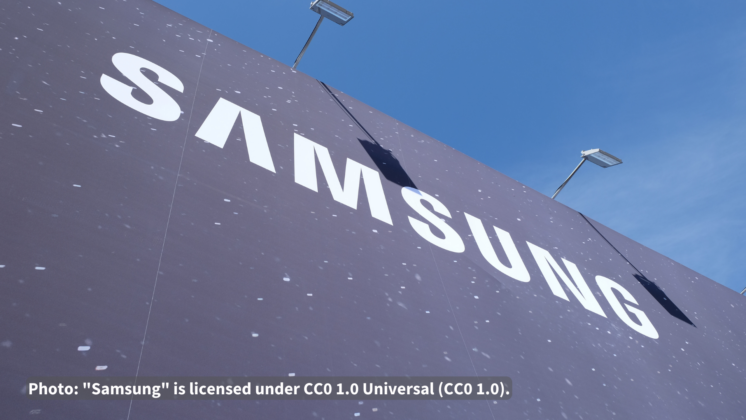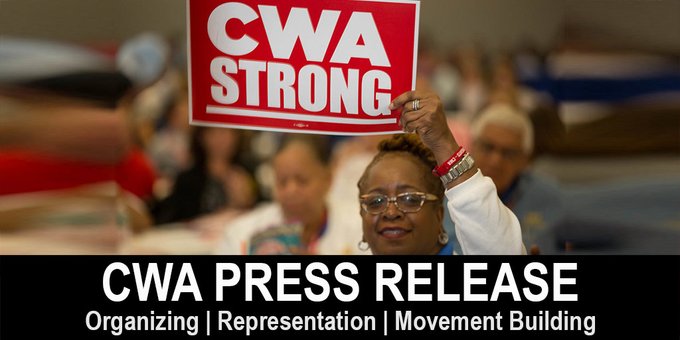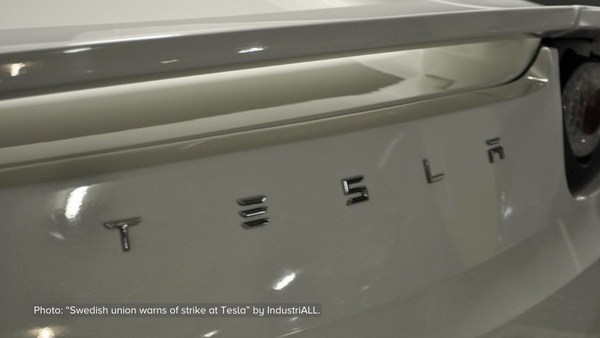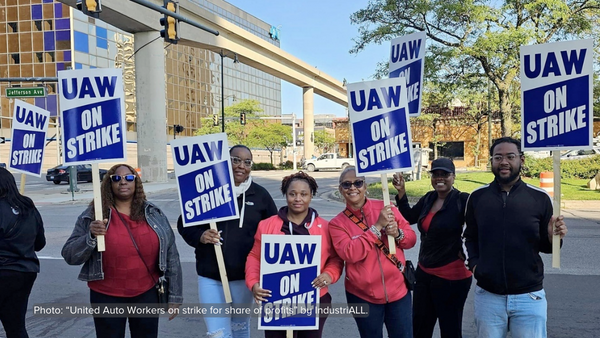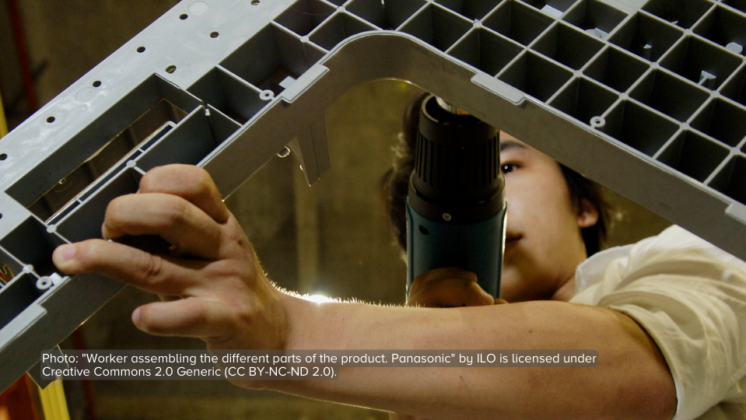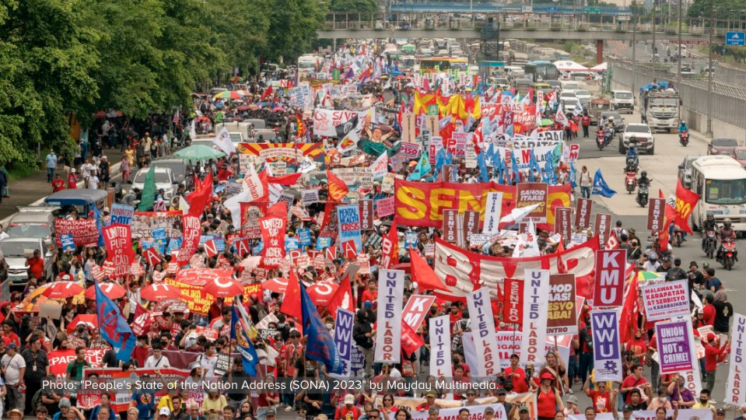UNI-Europa and EMF members in HP/EDS are extremely concerned about the management’s attempt to take advantage of the current crisis to undertake off-shoring to low-cost countries.
In a joint press release dated 15 July 2009, UNI-Europe and EMF state their concerns about the HP/EDS management’s attempt to take advantage of the current crisis to undertake off-shoring to low-cost countries.
The new European Works Council Directive (EWC Directive) strengthens communication between EWC members and the workers they represent. HP/EDS management claims that dialogue with the EWC is indeed a priority and that it respects the applicable laws with regard to information and consultation of workers. In reality however, the workers’ representatives in the EWC cannot exercise their representative functions since they are denied the right to report back to the workers they represent. It is clear that HP/EDS management is simply paying lip service to the Directive and this is totally unacceptable to the UNI-Europa and EMF trade union representatives who gathered in Brussels recently.
HP/EDS management is not willing to develop a constructive social dialogue at European or national levels. There has been much evidence from different countries in recent weeks to show that it is only prepared to enter discussions when trade unions start taking legal steps or mobilising workers. This attitude is really regrettable and leads to frustration and anger among the European workforce. They stress that the company’s growth is no longer geared to R&D or an innovative industrial strategy, which again puts the long-term viability of HP/EDS at stake.
UNI-Europa and EMF will again approach central management, urging it to allow workers’ representatives to effectively fullfil their duties towards the workers they represent and ensure effective information and consultation processes.
The two organisations will ask the EU Commission to investigate this case further. European trade union coordination will evidently be maintained and further protest actions will be envisaged.
In May 2008, HP acquired Electronic Data Systems EDS for $13.9 billion. In September 2008, HP announced a restructuring programme for the EDS business group. HP stated that the restructuring programme will take place over three years and includes a workforce reduction. The workforce reduction plans announced by HP “will vary by country, based on local legal requirements and consultation with works councils and employee representatives, as appropriate. Approximately 7.5 percent of the combined company’s workforce, or about 24,600 employees, will be affected over the course of the program, with nearly half of the reductions occurring in the United States. HP will provide employees affected by this restructuring program with severance packages, counseling and job placement services.” Trade unions throughout the continent have protested against the HP/EDS restructuring plan, and its consequent salary freeze, benefit cuts and redundancies.
On 23 April 2009 the Council adopted a revised directive on European Works Councils (EWCs) following the Parliament’s first-reading agreement on the recast version during its plenary in December 2008. The recast of the directive is aimed at increasing the presence and effectiveness of EWCs across the European Union and at tightening the definitions of information and consultation of workers. Following the court judgements in the Vilvoorde, British Airways and Marks&Spencer cases, the Parliament clarified the definition of ‘transnational’. It decided that when a decision of closure or restructuring is taken in one Member State but affects the workers in another, it must be considered transnational. Matters that concern the entire undertaking or group or at least two Member States, are considered to be transnational. Member States must also ensure that in the event of a failure to comply with the EWC Directive sanctions are ‘adequate, proportionate and dissuasive’. Of major importance to the trade unions was the decision that European social partners now have the right to be informed when a request for setting up an EWC is made. Following the publication the Member States will have two years to implement the new rules at national level. On 16 May the final EWC directive recast text was published in the EU’s Official Journal.



